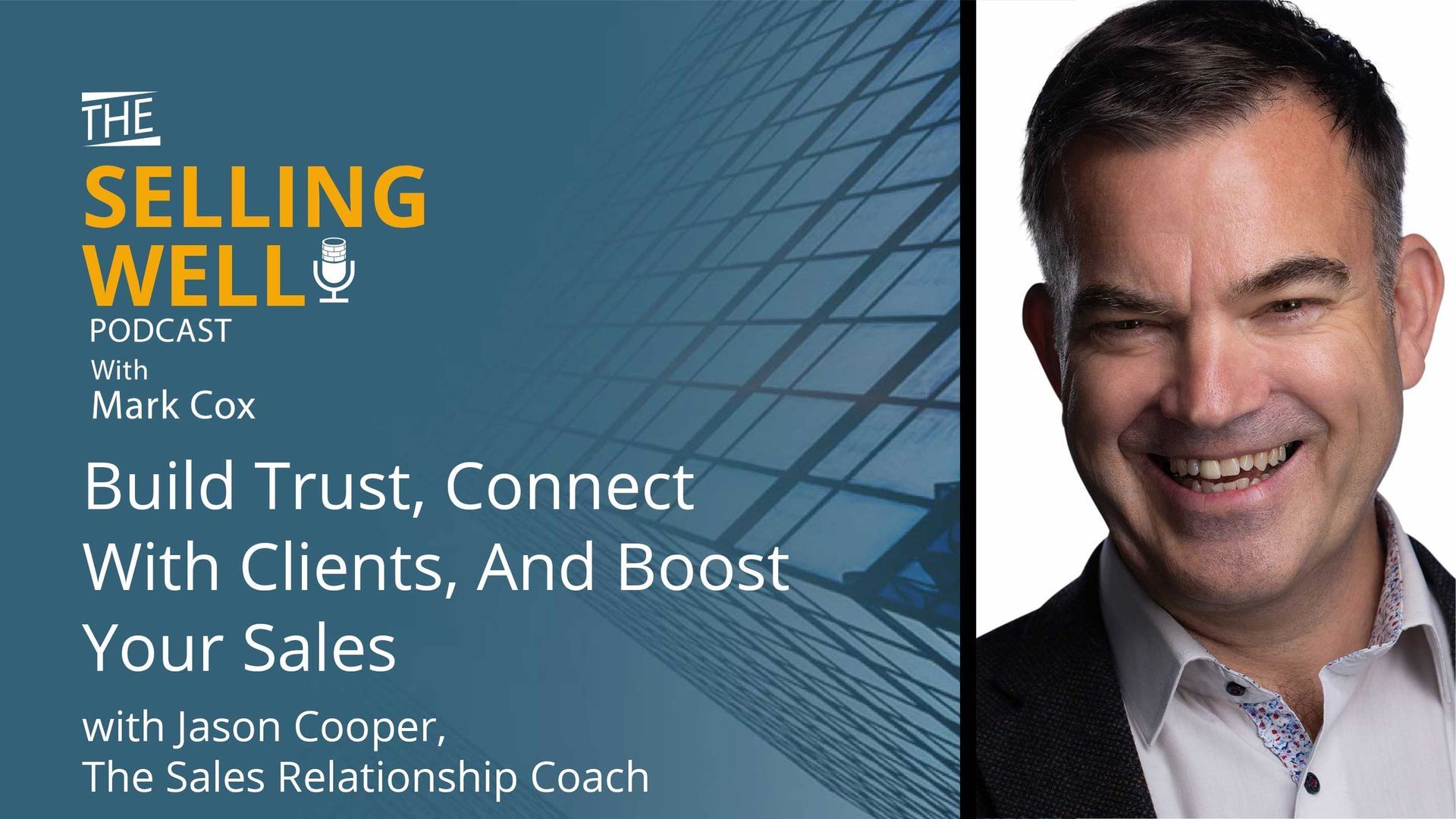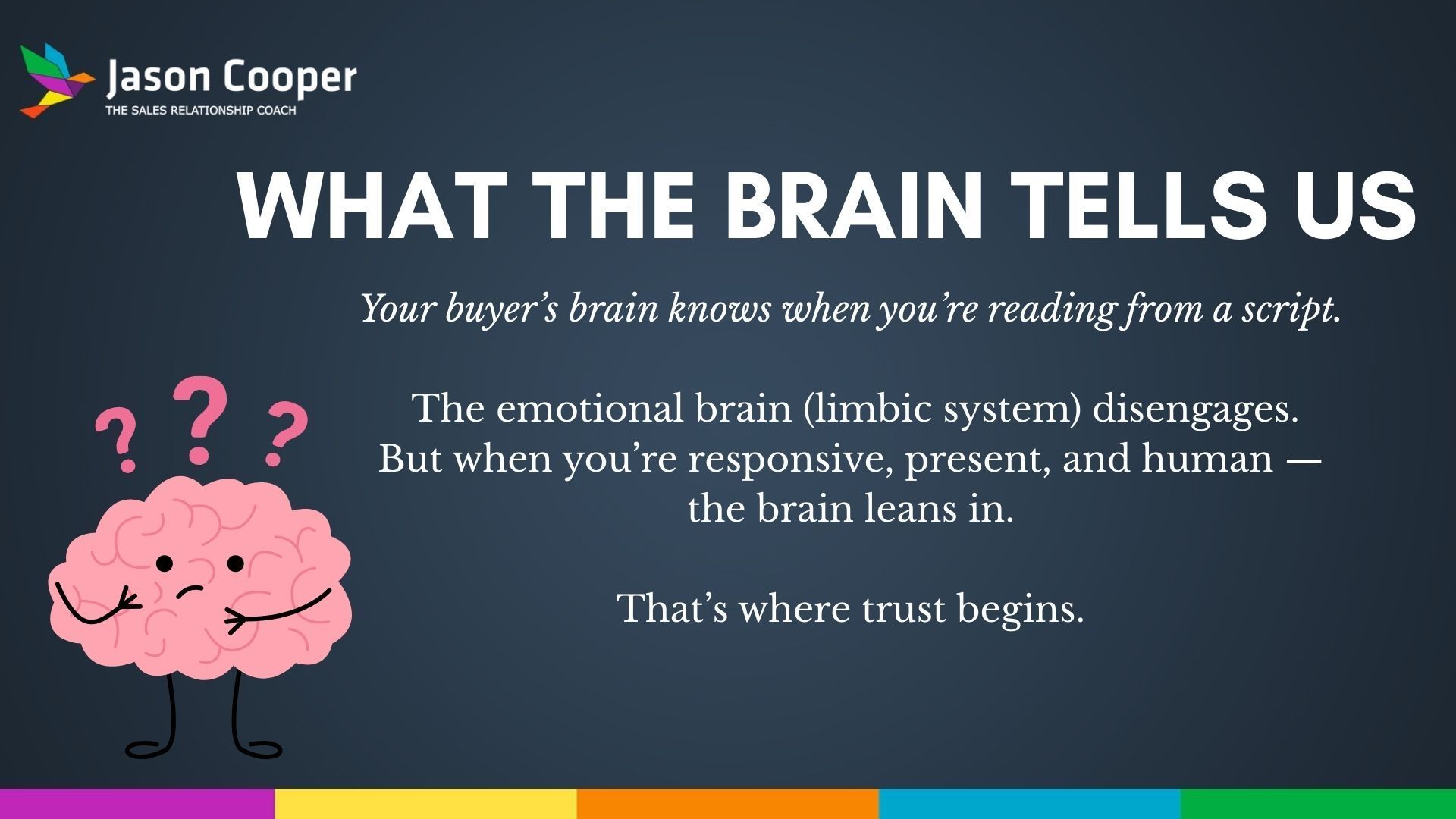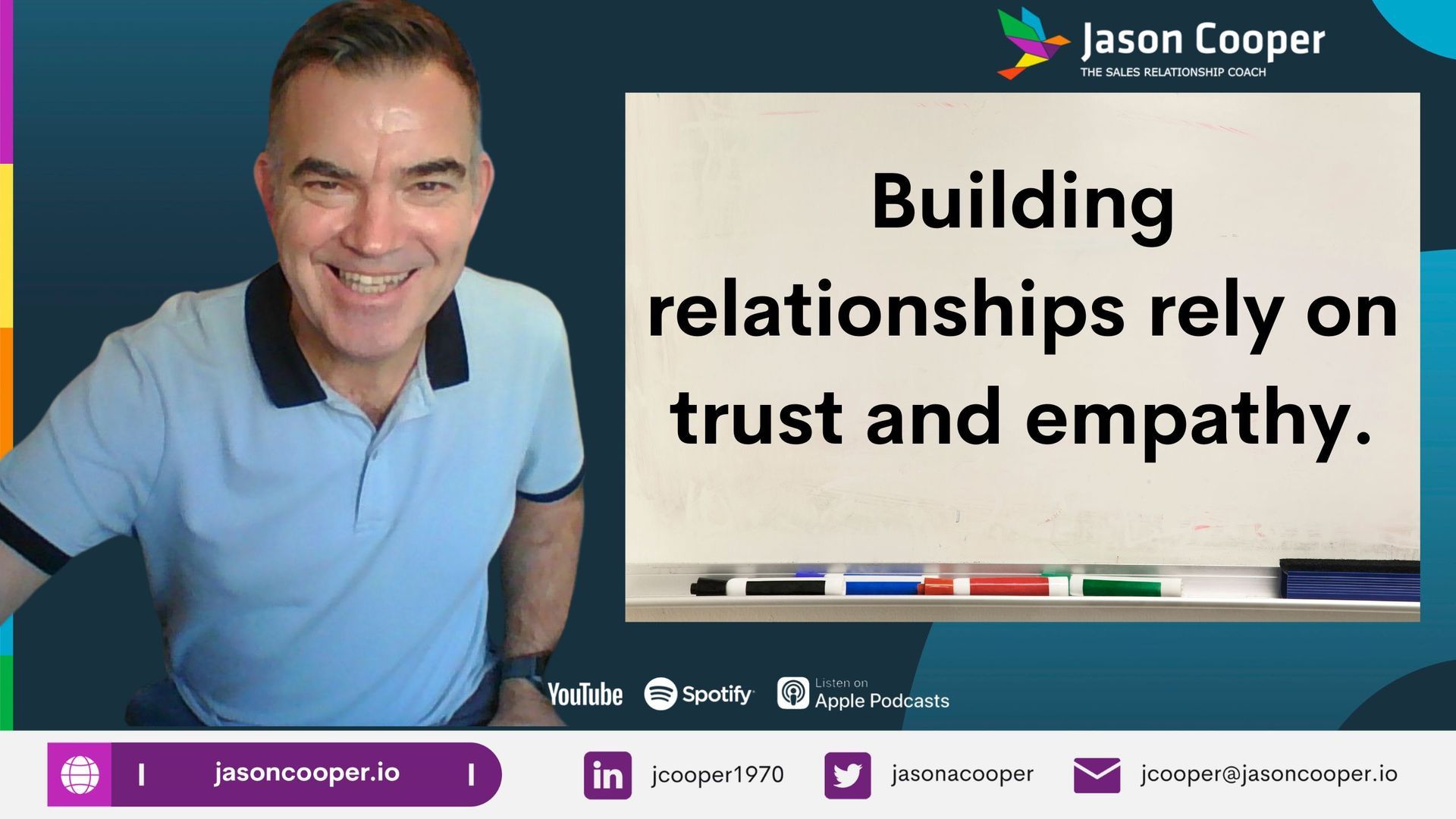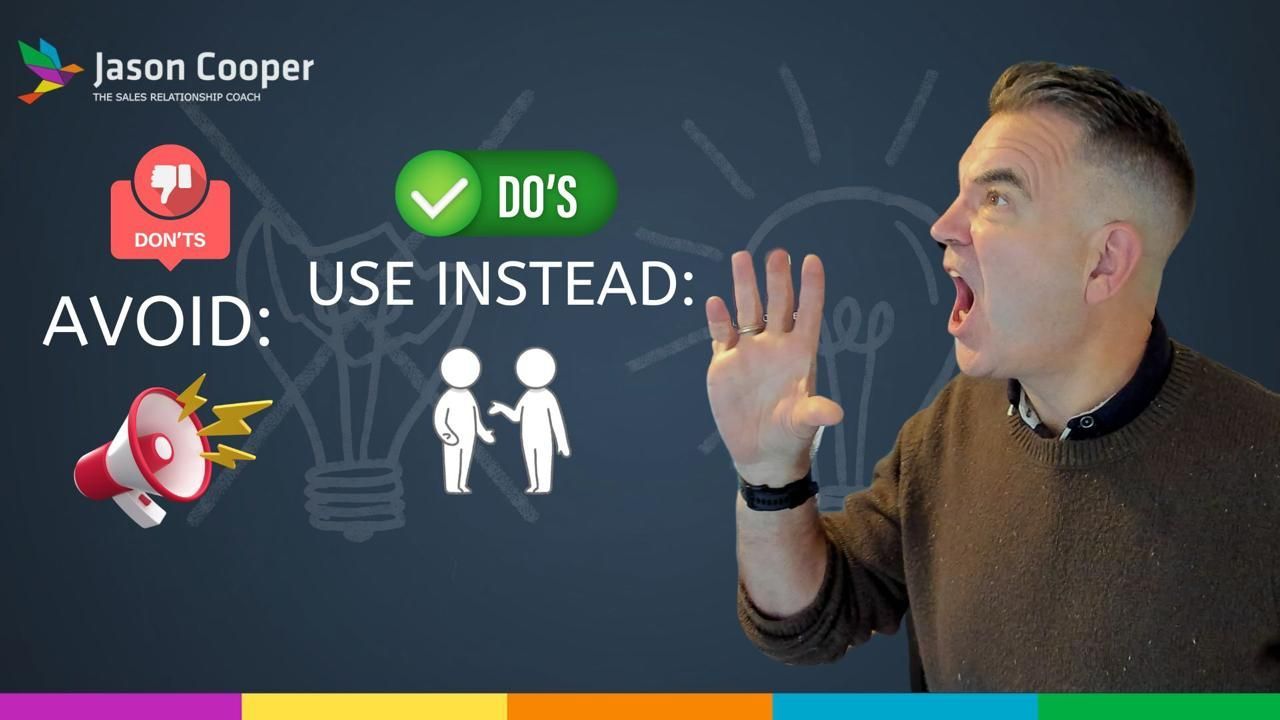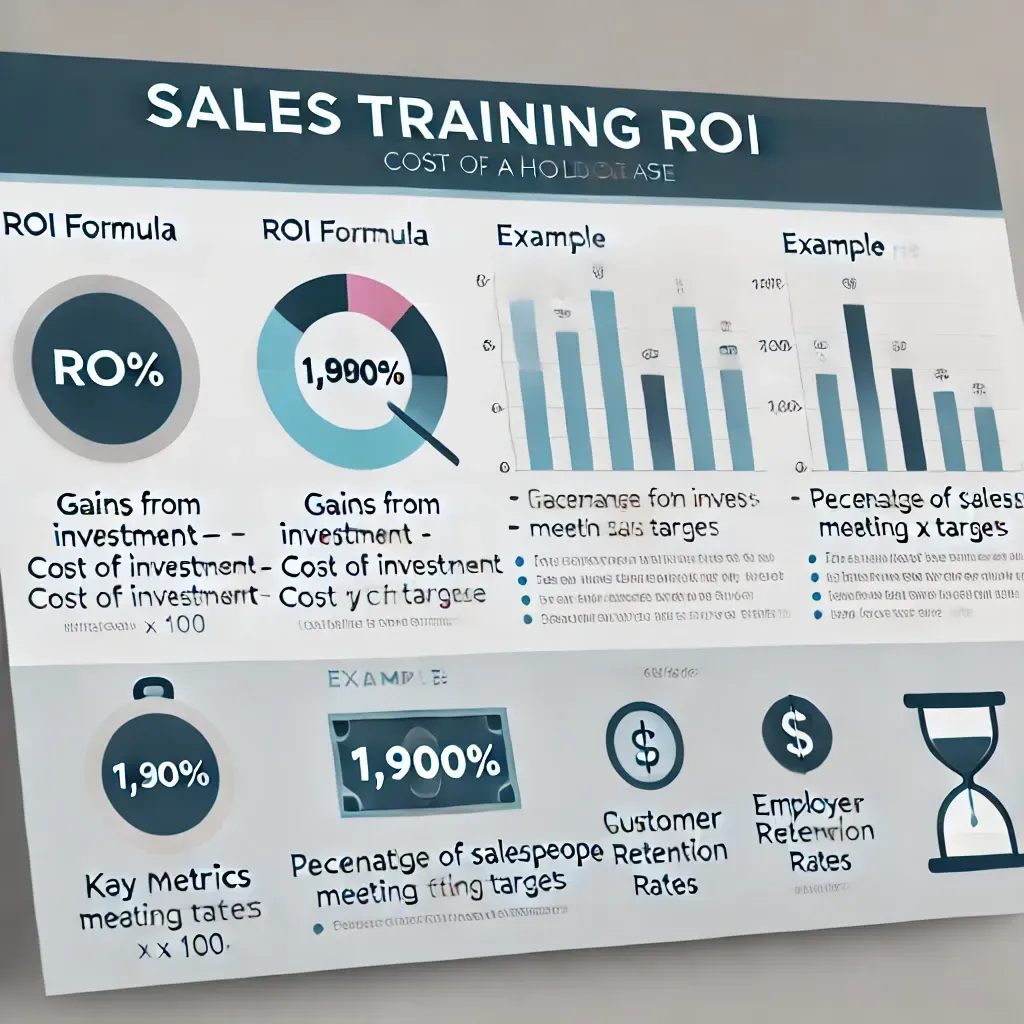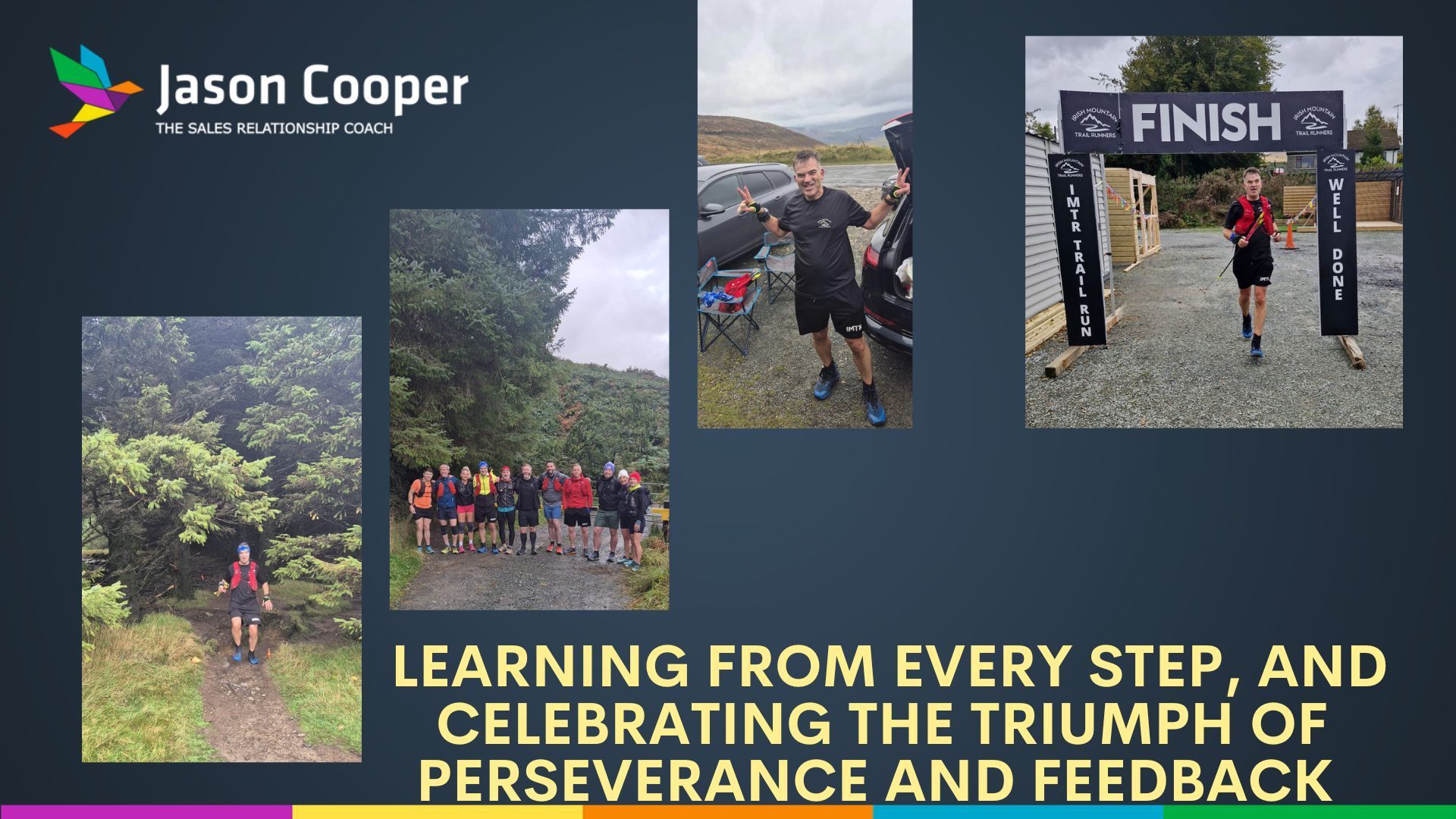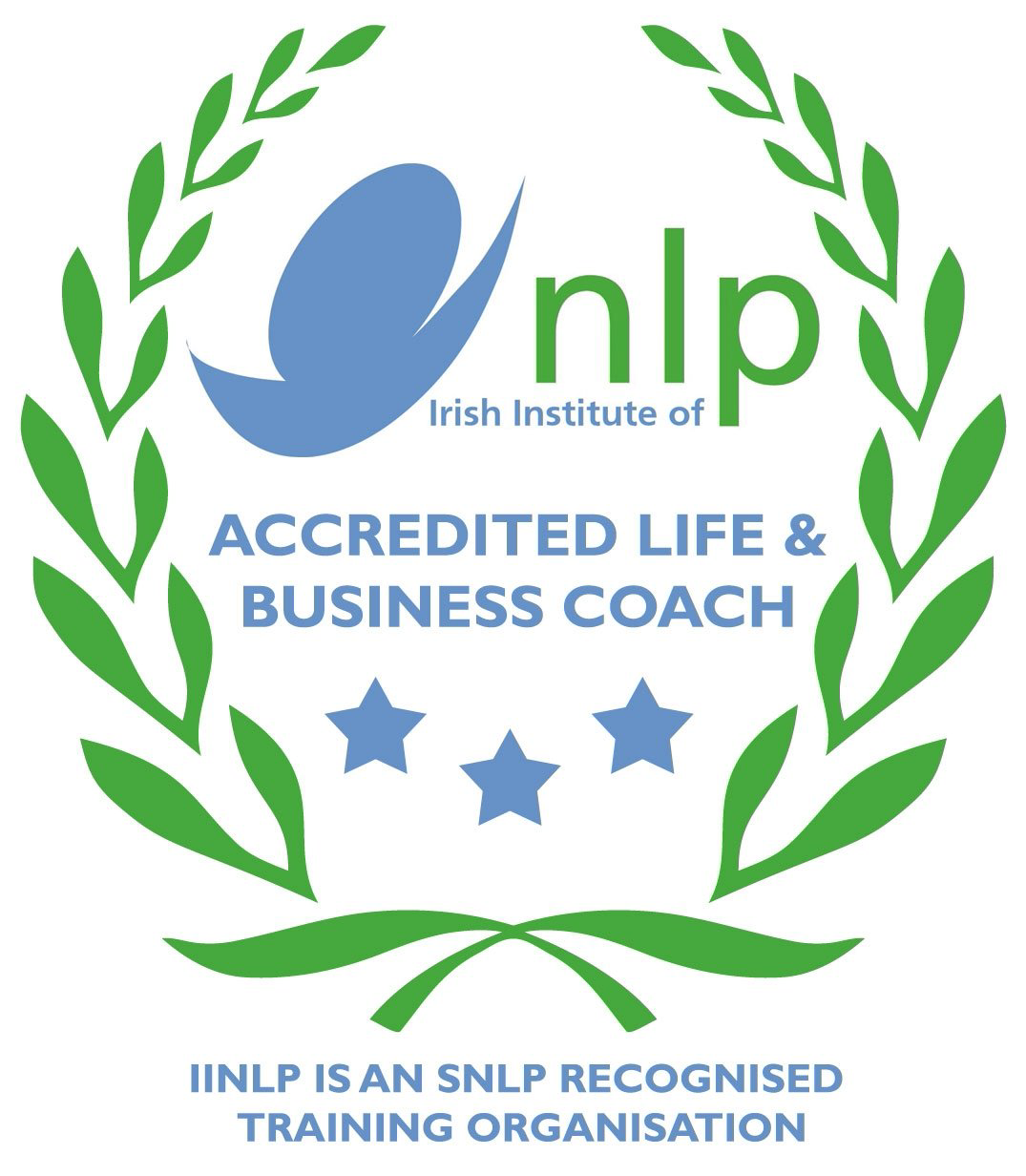How We Decide: Understanding Buyer Behaviour for Better Decision-Making
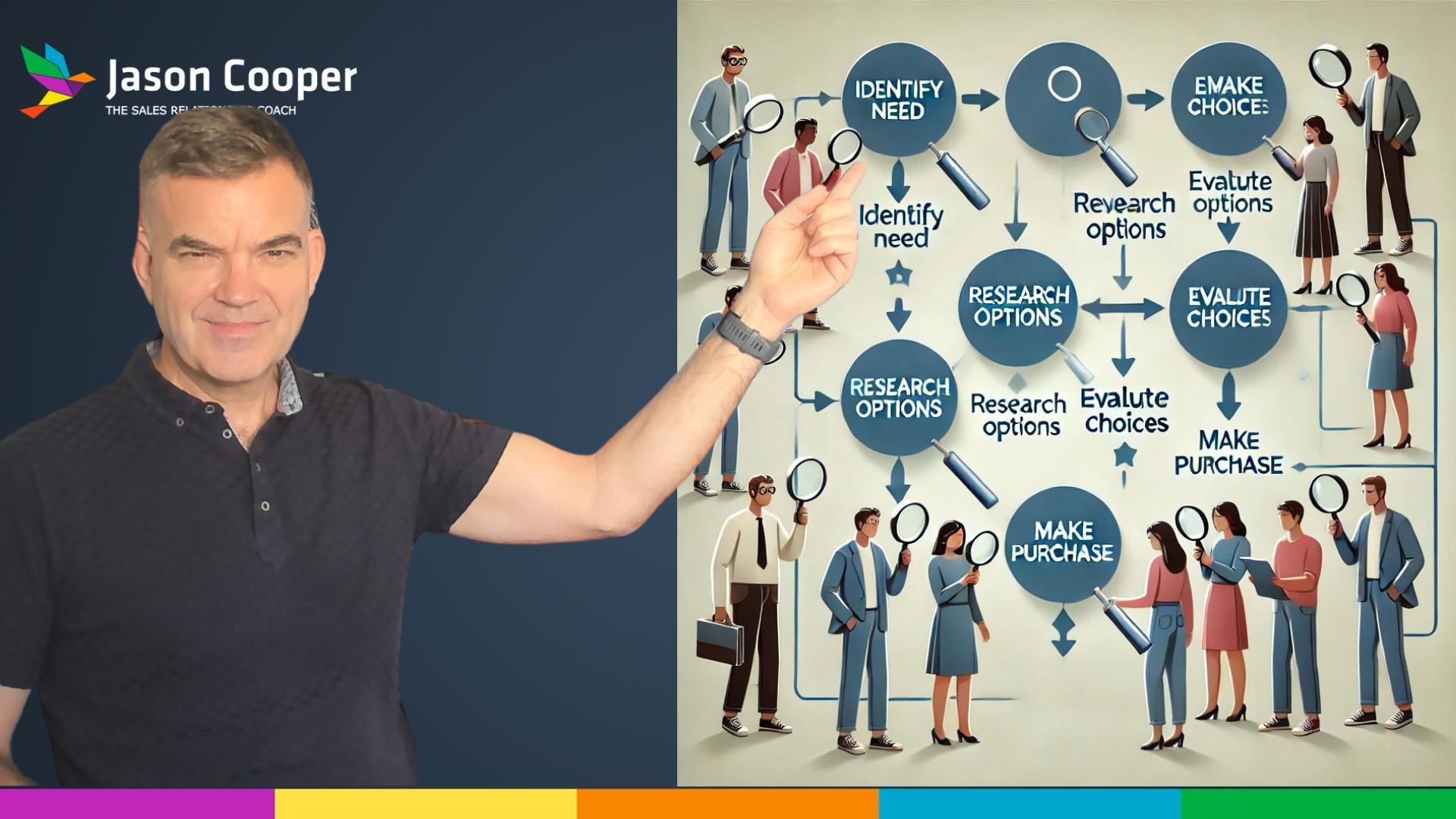
It is not a secret that making buying decisions is complex. As a business, understanding how buyers think and what influences their decisions can be the key to success. Below are some insights on making better decisions by focusing on what is going through the buyers' minds.
1. Reference Points Matter
Buyers often rely on reference points to make decisions. These are benchmarks they use for comparison. For example, when a product is on sale, the original price becomes a reference point, making the sale price seem more attractive. Loss aversion, where the pain of losing is felt more acutely than the pleasure of gaining, is also linked to reference points. Highlighting potential losses can be a powerful motivator.
2. Reasons Matter
When making a purchase, buyers seek reasons that justify their choices. Even if these reasons aren't entirely logical, they help in decision-making. As a business, providing clear, compelling reasons for why a product is the best choice can sway decisions. This is why detailed product descriptions and customer reviews are so influential.
3. Resources Matter
Cognitive resources, such as time and mental energy, impact decision-making. When buyers are tired or distracted, they tend to make quicker, less deliberative choices, relying on heuristics or rules of thumb. Simplifying the buying process and making information easily accessible can help customers make better decisions even when they’re low on cognitive resources.
4. Replacement Matters
In the face of complex decisions, buyers often substitute difficult questions with easier ones. That’s why heuristics come in handy. For instance, instead of evaluating all of the technical specifications of a gadget, a buyer might rely on the reputation of the brand instead. If your brand is seen positively by your customers, it is easier for them to make a decision.
5. Context and Framing Effects
The presentation and context of options greatly influence buying decisions. Framing a product in terms of what customers stand to gain, rather than what they might lose, can lead to different choices. Using positive framing in marketing messages can make a significant difference.
6. Emotional Influences
Emotions play a critical role in decision-making. They can shape how options are evaluated and influence the final choice. Positive emotions towards a brand can lead to loyalty and repeat purchases. Creating an emotional connection with customers through storytelling and engaging experiences can enhance their decision-making process.
Applying These Insights
Recently, I studied a course on how we make better decisions because I wanted to understand the science behind decision-making. By understanding this, I can help when I coach and train people on what to look for and help them place themselves in the customer's eyes and not just focus on their perspectives. This is all down to the research that you do, as quoted in Charles Duhigg's book Super Communicators and also How You Decide: The Science of Human Decision Making, which uses the scientific method to understand and explain human decision-making.
Whenever you guide your customers toward a purchasing decision, it is crucial that you consider their needs and perspectives first. Here are some practical tips for you to consider: I would recommend workshops or training to start focusing on others and your customers and make it relatable to them.
- Use Clear Reference Points: Show original prices alongside sale prices to highlight discounts. Emphasize the potential losses of not purchasing, such as missing out on a limited-time offer.
- Provide Justifiable Reasons: Offer detailed product information and customer testimonials to give buyers solid reasons to choose your product.
- Simplify the Decision Process: Make your website user-friendly, reduce the steps needed to make a purchase, and offer quick comparisons to help buyers decide efficiently.
- Leverage Positive Framing: Highlight the benefits and positive outcomes of purchasing your product rather than focusing solely on features.
- Create Emotional Connections: Use stories and testimonials that resonate with your target audience’s values and aspirations.
By understanding and catering to the buyer's decision-making process, businesses can create strategies that attract and retain customers. The key is to look at the purchase from the buyer's perspective and ensure their decision-making journey is as smooth and satisfying as possible.
Subscribing to this newsletter will allow you to get more insights and tips about growth. Please feel free to comment on any observations you might have.
Ask any questions to jcooper@jasoncooper.io for more coaching and workshops
#DecisionMaking #BuyerBehavior #CustomerFirst #MarketingStrategies #SalesTips #CustomerJourney #EmotionalMarketing #ConsumerPsychology #HowYouDecide #CoachingTips
High Performance Blog

